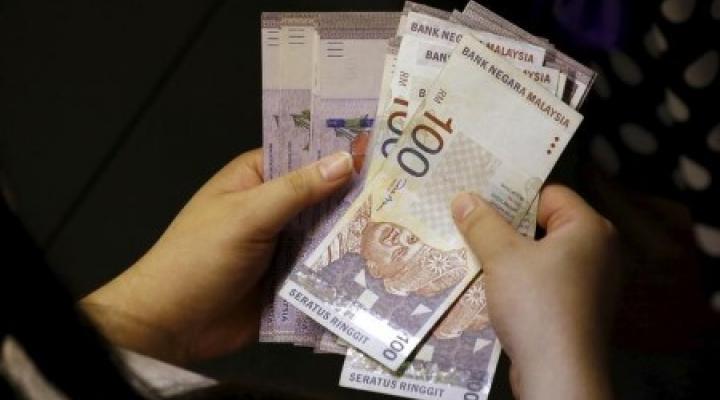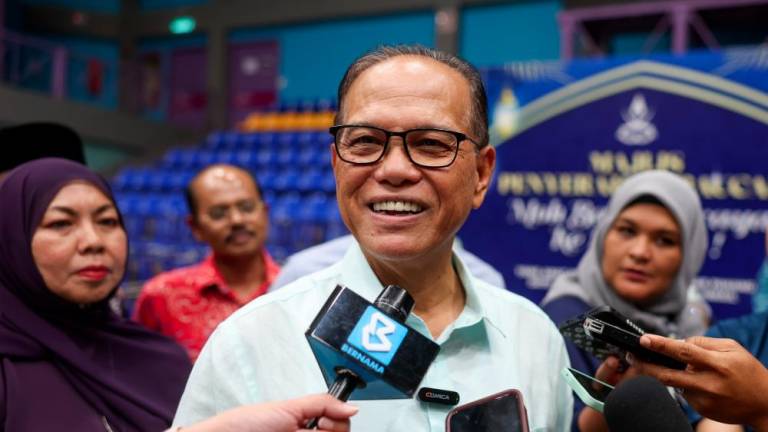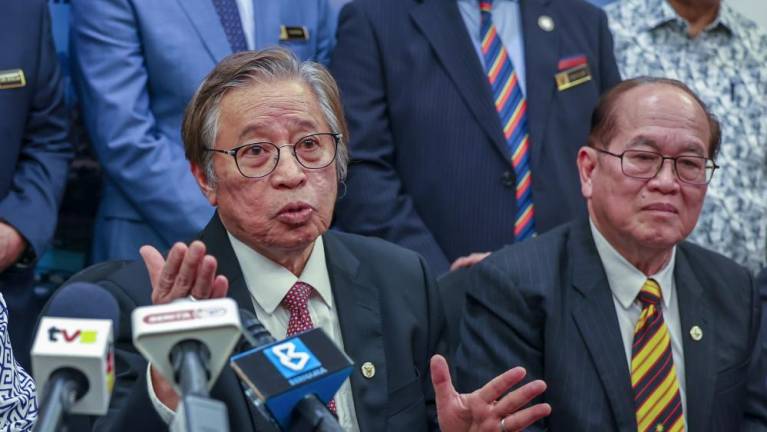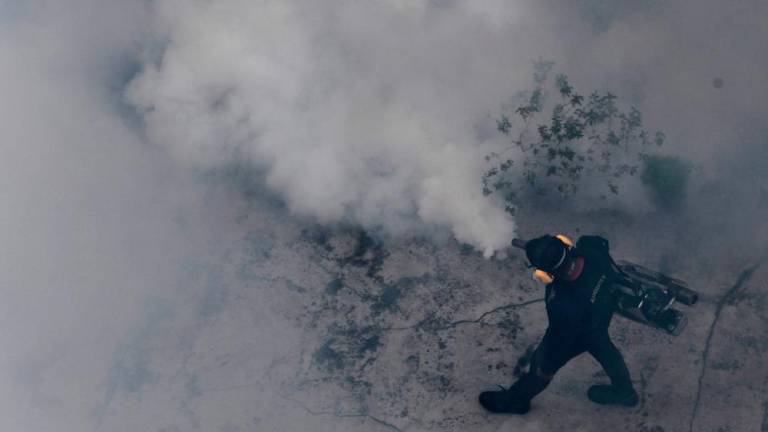PETALING JAYA: The second round of the economic stimulus package (ESP), which is expected to be announced tomorrow, needs to be more ambitious compared to the first round of measures announced.
In a report, AmResearch said the new package needs to address six strategic issues: reducing unemployment, increasing job opportunities; easing the economic burden of the people; supporting the private sector; undertaking capacity building for the future; supporting the small and medium enterprises; and supporting informal business activities and those working in this sector.
“The ESP should also look at extending all housing loans for government servants by an additional five years; increasing the loan amount for certain categories of government servants to buy property or car; making it easier for foreigners and foreign companies to buy commercial real estate valued at RM500,000 or more, and extending the business operations of hypermarkets/retail businesses,” it said.
Following the outbreak of the coronavirus, the Pakatan Harapan government unveiled RM20 billion in stimulus measures, but as a result, the fiscal deficit/gross domestic product (deficit/GDP) was revised upwards to 3.4% for 2020.
Since then, a new challenge that has arisen is the sharp drop in the oil prices arising from the price war between Russia and Saudi Arabia.
With the drop in oil price to around US$25 per barrel, it would result in a shortfall in oil revenue amounting to RM11.1 billion, hence, the pressure on the fiscal deficit/GDP will hover between 3.6% and 4.2%
That said, AmResearch opined that the demand shocks can be addressed through monetary and fiscal policies. It noted that the second ESP should seriously look at adopting “money financing” as part of its fiscal deficit strategy.
“Given the limited flexibility of our fiscal policy, the government should look at ‘money creation’ to finance the budget deficit. Through money creation, the government can mobilise resources to drive economic growth by financing the budget deficit,” it said.
Doing this will allow the government to spend as much as it wants with the aim of supporting the economy to its full capacity, boost private sector activities, reduce unemployment and finance major programmes like construction/infrastructure, healthcare and green initiatives.
‘There is no real risk to currency devaluation or economic chaos or fuelling inflation. According to our assessment, a 1% increase in money supply will improve economic growth by 0.5%. At the same time, it supports the local currency with an appreciation of 0.6% against the dollar. Inflation is expected to rise by 0.25%,” it said.










